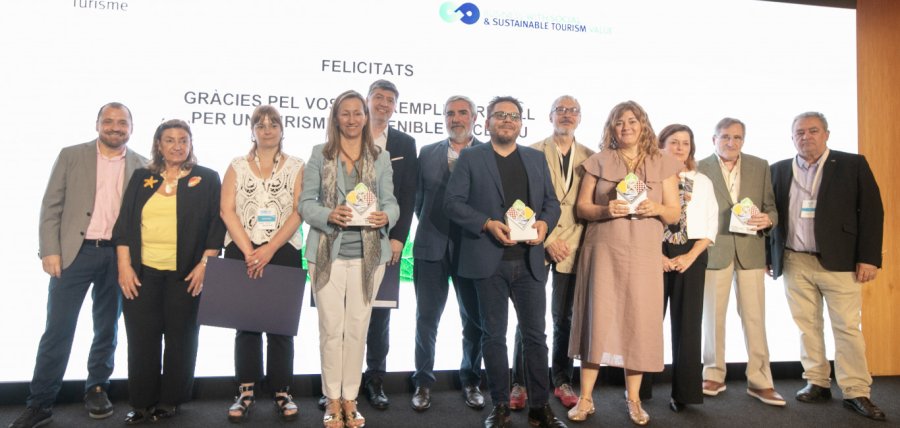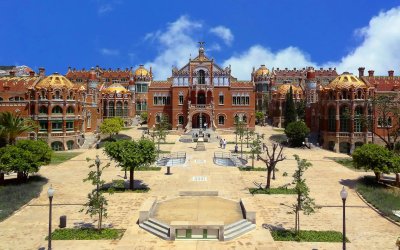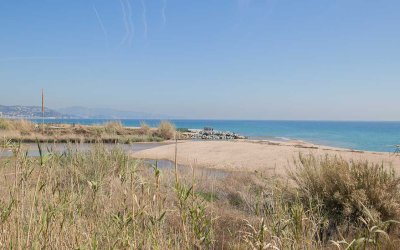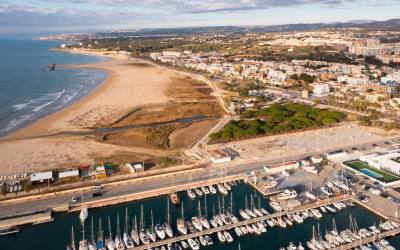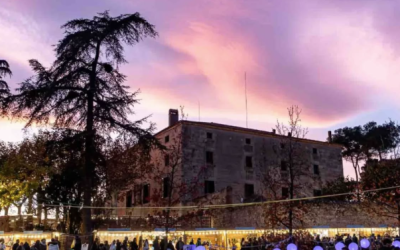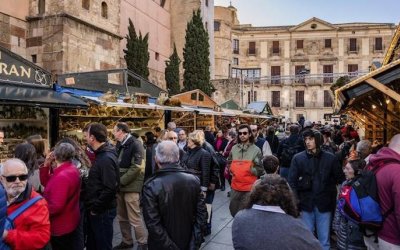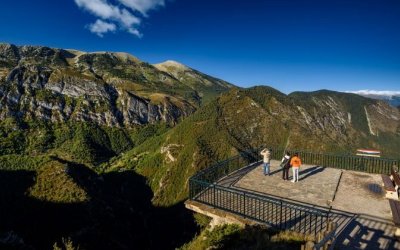A hotel, a hotel chain, a public works project and a historic pastry shop in the city have been recognised at the Barcelona Sustainable Tourism Awards for Good Practices 2025, which Turisme de Barcelona awards to promote sustainability in the tourism sector of the Catalan capital.
The prizes are awarded by the jury of the Barcelona Sustainable Tourism (BST) programme committee of Turisme de Barcelona and are presented during the Business With Social Value meeting, held this year on 13th June at the Palau de Congressos de Catalunya. This event, in collaboration with the Consorci de Turisme de Barcelona, gives visibility to products and services of special work centres and non-profit integration companies, which can become potential suppliers within the tourism sector.
This edition of the event has received 43 nominations, from which the winners were selected for 4 different categories. In the Environmental Sustainability category, the public company Barcelona de Serveis Municipals (BSM) was recognised for the transformation of the Port Olímpic into a citizen space that promotes the blue economy, sustainability and coastline protection.
In Social Sustainability, the Guitart Hotels chain was recognised for the "277 Sonrisas para Ucrania" (277 Smiles for Ukraine) project, which has allowed 277 Ukrainian children who have been orphaned or displaced by the war to stay in Catalonia and offered a few weeks of shelter and recreational and cultural activities.
The Accessibility Award went to the hotel Grand Hyatt Barcelona for the "Hacia una hospitalidad plenamente inclusiva" (Towards fully inclusive hospitality) initiative, which, developed in collaboration with the Autism Friendly Club, aims to turn the hotel into a fully adapted space for neurodivergent people and their families. To achieve this, they work together in various aspects of its management, from the training of the team to the design of the spaces.
In turn, the bakery La Colmena has been awarded in the Preservation of Cultural Heritage category for keeping traditional Catalan recipes alive, since 1868, and transmitting the value of the festivity and handmade pastry-making to new generations.
Casa Batlló, recognised on a European scale
Furthermore, Casa Batlló has received the European Heritage Award / Europa Nostra Award in the Citizen Engagement & Awareness Raising category for its pioneering initiative concerning workplace inclusion of neurodivergent people, called Casa Batlló: Integrating Neurodiversity in World Heritage. This prestigious award, which is co-financed by the European Union's Creative Europe programme and granted by Europa Nostra and the European Commission, honours the most outstanding projects in the conservation and promotion of Europe's cultural heritage.
Casa Batlló is developing the workplace inclusion project in collaboration with Specialisterne, a social organisation which has specialised in the employment of neurodivergent people since 2021. Today, more than 100 neurodivergent professionals work in the visitor service team, redefining the museum experience from an inclusive perspective. The project adapts roles and environments to the individual's strengths, combines teams of neurotypical and neurodivergent people to promote diversity and reconsiders the processes of selection, training and professional support.
On the occasion of World Autism Day, the landmark promoted the Neurodiversity With New Eyes campaign, which invites visitors to discover neurodiversity through testimonials from employees, families, trainers and experts. As a symbol of support and visibility, the symbolic façade was illuminated in blue. The initiative will remain active throughout 2025 on social networks and in dialogue spaces, with the aim of breaking down stereotypes and inspiring other organisations to adopt more inclusive models. As for 2026, work is already under way on an action plan focused on spreading information about neurodiversity, with a focus on families and education.
The case of Casa Batlló is an unprecedented and reproducible model of inclusion at the European level. It paved the way for a profound transformation of the working structure of an institution that receives millions of visitors every year, and demonstrates that accessibility and excellence can go hand in hand. By integrating neurodiversity into its management model, it has become an international benchmark for inclusion and awareness in the cultural sector.
